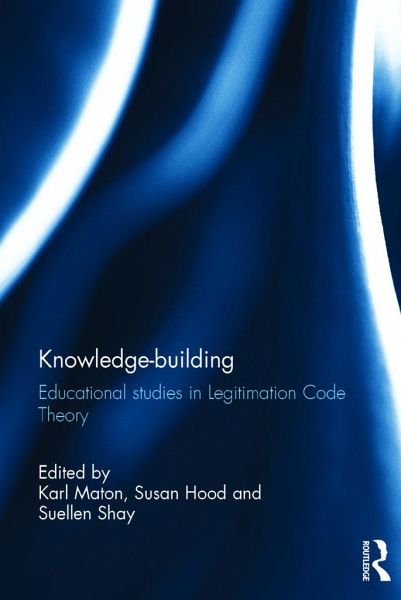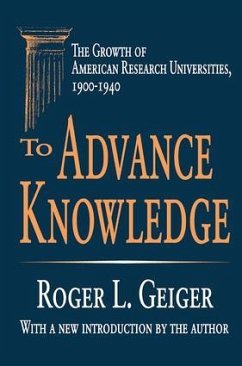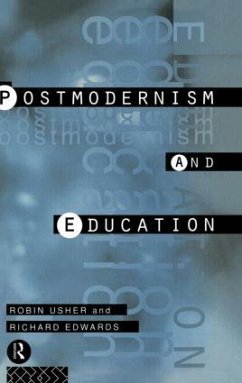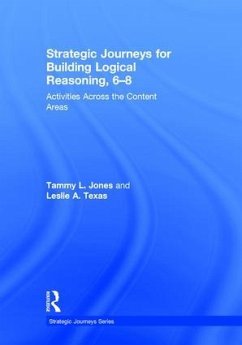
Knowledge-building
Educational studies in Legitimation Code Theory
Herausgeber: Maton, Karl; Shay, Suellen; Hood, Susan

PAYBACK Punkte
105 °P sammeln!
Education and knowledge have never been more important to society, yet research is segmented by approach, methodology or topic. Legitimation Code Theory or 'LCT' extends and integrates insights from Pierre Bourdieu and Basil Bernstein to offer a framework for research and practice that overcomes segmentalism. This book shows how LCT can be used to build knowledge about education and society. Comprising original papers by an international and multidisciplinary group of scholars, Knowledge-building offers the first primer in this fast-growing approach. Through case studies of major research proj...
Education and knowledge have never been more important to society, yet research is segmented by approach, methodology or topic. Legitimation Code Theory or 'LCT' extends and integrates insights from Pierre Bourdieu and Basil Bernstein to offer a framework for research and practice that overcomes segmentalism. This book shows how LCT can be used to build knowledge about education and society. Comprising original papers by an international and multidisciplinary group of scholars, Knowledge-building offers the first primer in this fast-growing approach. Through case studies of major research projects, Part I provides practical insights into how LCT can be used to build knowledge by: - enabling dialogue between theory and data in qualitative research - bringing together quantitative and qualitative methodologies in mixed-methods research - relating theory and practice in praxis - conducting interdisciplinary studies with systemic functional linguistics Part II offers a series of studies of pressing issues facing knowledge-building in education and beyond, encompassing: - diverse subject areas, including physics, English, cultural studies, music, and design - educational sites: schooling, vocational education, and higher education - practices of research, curriculum, pedagogy and assessment - both education and informal learning contexts, such as museums and masonic lodges Carefully sequenced and interrelated, these chapters form a coherent collection that gives a unique insight into one of the most thought-provoking and innovative ways of building knowledge about knowledge-building in education and society to have emerged this century. This book is essential reading for all serious students and scholars of education, sociology and linguistics.














